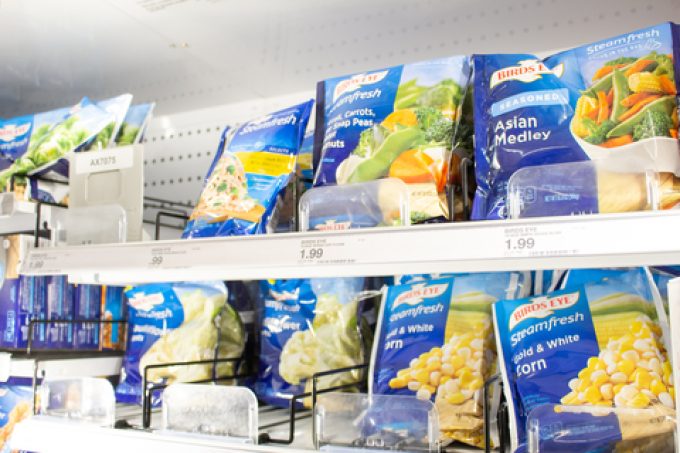Shippers struggle to find capacity amid growing shortage of reefers
US perishables exporters say they are struggling to secure enough temperature-controlled containers and trucks and ...

The ‘Move to –15ºC’, an initiative to transport perishables at -15ºC rather than -18ºC, has gained support from the company behind the current temperature standard, as stakeholders look to reduce carbon emissions.
DP World’s account director for reefer supply chain services, Dirk Hoffman, told The Loadstar: “The legend is, when Birdseye was creating its cold storage facilities in the US in the 1930s, it set its operating protocols at 0ºF, which is the closest to -18ºC. So, for 100 years, ...
Latest strike will cause ‘massive' disruption at German airports
CMA CGM pledges $20bn investment to boost US supply chains
CMA CGM could build medium-size vessels in US, says Saade
Asia-Europe FAK price hikes manage to halt 13-week rate decline
Airlines rethink strategy as ecommerce to US begins decline
Box ship in collision with tanker off UK coast
Freightmate 'a product of theft, not ingenuity' says Flexport


Comment on this article